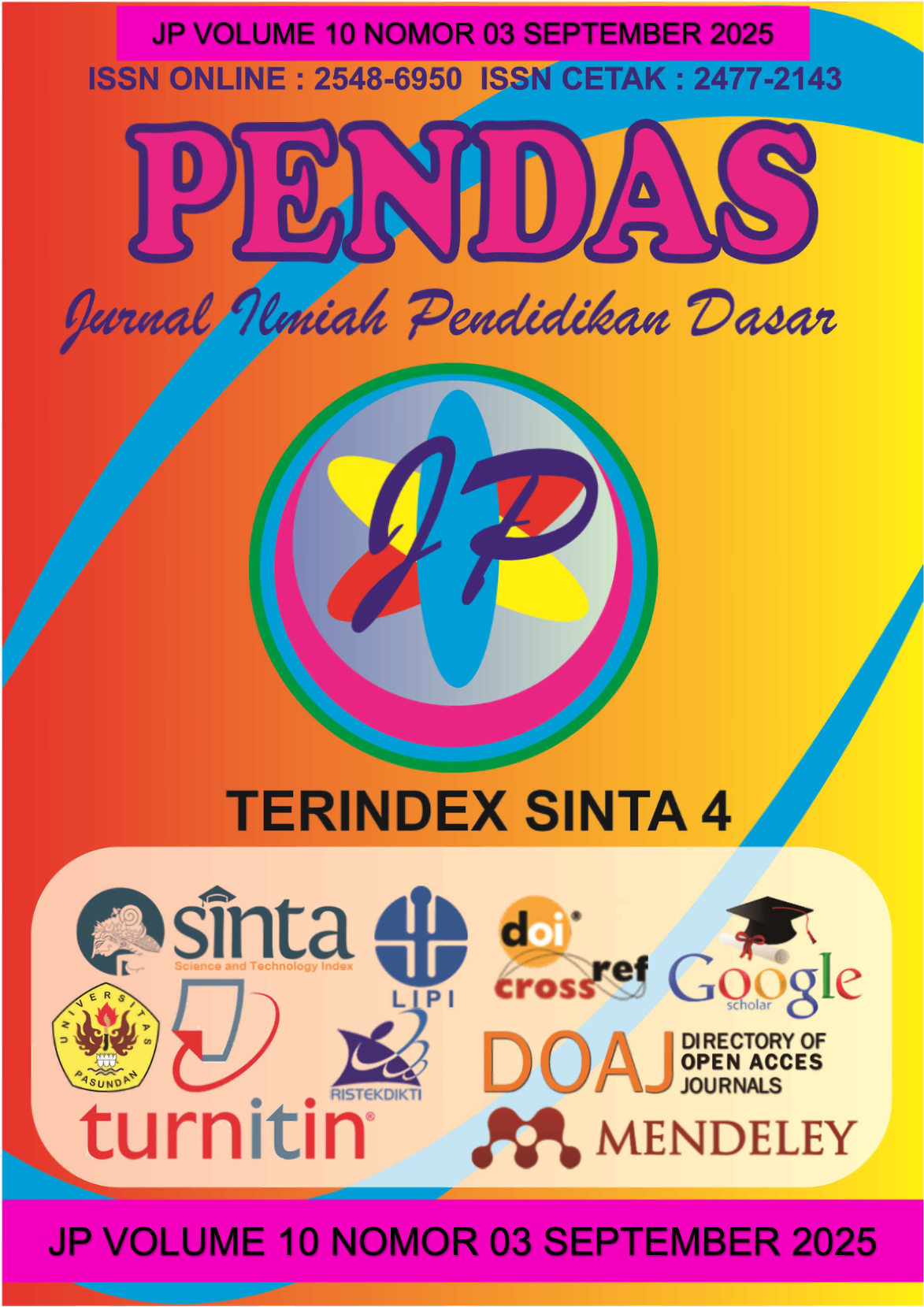IMPLEMENTASI METODE MIND MAPPING DALAM MENINGKATKAN KEMAMPUAN BERPIKIR SIMBOLIK ANAK DI TAMAN KANAK-KANAK ISLAM NIBRAS PADANG
DOI:
https://doi.org/10.23969/jp.v10i03.32047Abstract
When children have trouble with symbolic thinking, it shows in their inability to draw connections between symbols and real-world objects, their inability to express ideas symbolically, their weak visual memory, their sluggish comprehension of spatial relationships, and their lack of imagination when it comes to making their own symbols. The purpose of this study is to detail how the mind mapping technique was used to enhance the symbolic thinking skills of kindergarteners at Nibras Padang Islamic Kindergarten who were aged 5 and 6. Qualitative research methods of a descriptive nature were employed. Interviews, documentation, and observation were the methods used to gather data. Students, the principal, and instructors from Class B make up the research subjects. According to the findings, there is a clear three-step process that includes planning, carrying out, and evaluating the mind mapping method. The teacher creates lessons around topics that the students find meaningful, like "My Vehicle," and uses visual aids like photos, arrows, and symbols to assist the students make connections between abstract ideas and real-world issues. In this scenario, the teacher takes on the role of facilitator as the students actively participate in making mind maps. The application of this method results in improved ability for children to recognize, understand, and communicate symbols in a more organized and creative manner. Thus, mind mapping has proven to be effective in developing the symbolic thinking skills of early childhood through enjoyable, visual-based learning that is suitable for their developmental stage.
Keywords: Mind mapping, symbolic thinking, early childhood, early childhood education.
Downloads
Downloads
Published
Issue
Section
License
Copyright (c) 2025 Pendas : Jurnal Ilmiah Pendidikan Dasar

This work is licensed under a Creative Commons Attribution 4.0 International License.



















